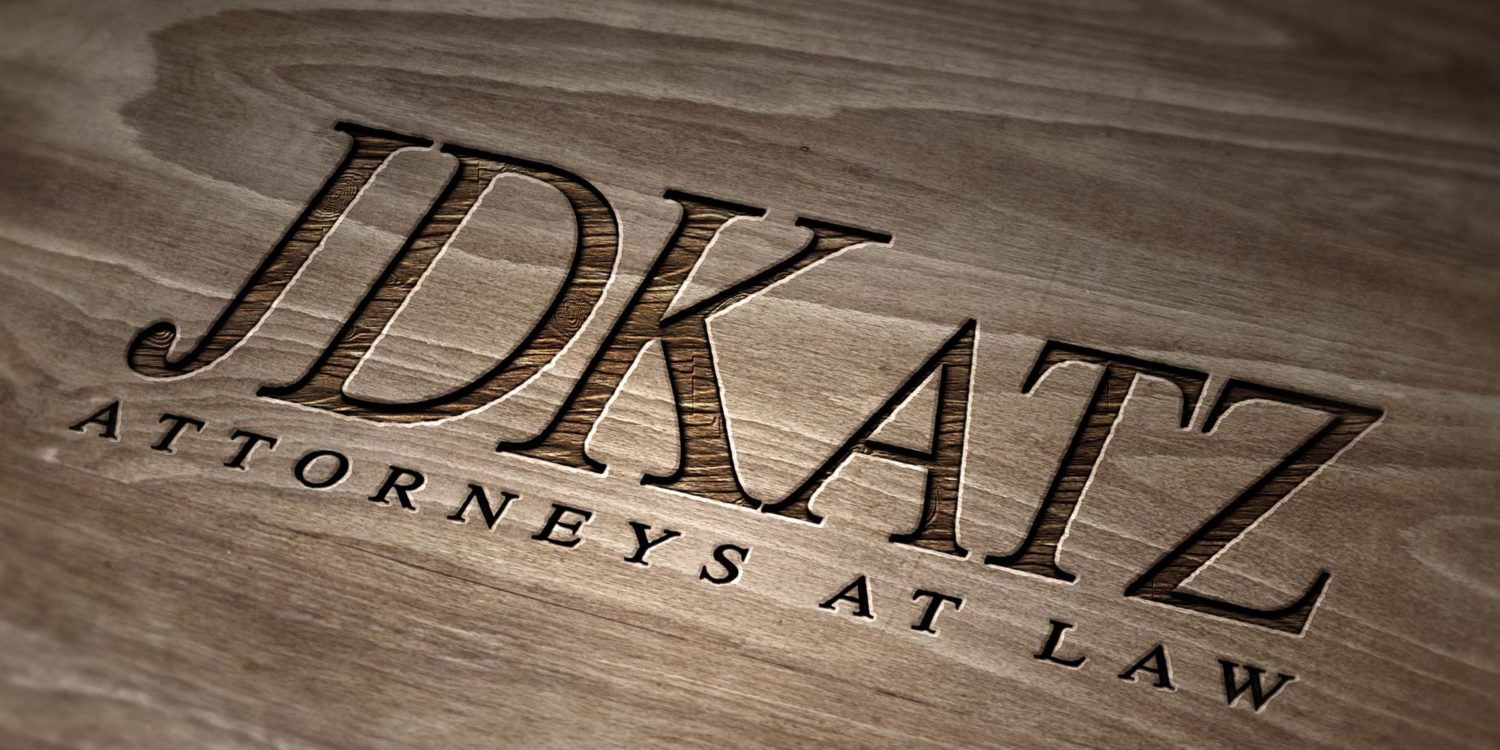
Business owners often neglect some of the annual administrative requirements of running a business. Failure to keep up with these basic annual obligations could derail a sale of the business, or expose the owners of the business to personal liability. This article explains some of those annual requirements and the costs of neglect in the District of Columbia, Maryland and Virginia.
Annual Reporting Requirements
Whether a corporation, limited liability company, or other form of registered entity, you are required to file an annual report in Maryland and Virginia, and a biennial (every 2 years) report in the District of Columbia. Unless an extension is filed, annual reports are required to be submitted in Maryland by April 15, and by the end of the month in which your entity was first registered in Virginia. In the District of Columbia the biennial report is due on or before April 1.
Failure to timely file the annual/biennial report will cause the company’s “good standing” to lapse. Jurisdictions generally provide a grace period of several months after the due date where if the annual or biennial report is not filed, the entity’s good standing will lapse, but the entity has not been fully revoked or dissolved. This provides the business with an opportunity to reinstate the entity’s good standing by filing the report late, and paying any applicable late fee. If the annual or biennial report is not filed, or late fees not paid, the applicable jurisdiction will typically administratively revoke or dissolve the entity within several months. The exact timing between a lapse in good standing and administrative dissolution varies by jurisdiction.
Once an entity has been dissolved, your company’s name is available for taking. In some jurisdictions, administrative dissolution could subject the owners of the business to personal liability. Reviving good standing after the entity has been revoked or dissolved can also be extremely costly. Not only may late fees apply to the annual/biennial report, but Articles of Revival or Reinstatement must also be filed.
Annual tax reporting requirements may vary drastically based on the nature of the business, tax classification, and jurisdiction, but may include income tax, sales and use tax, excise tax, and employer withholding. Please talk to your tax advisor to determine which reporting requirements are applicable to your business.
Additional annual reporting requirements may also be required in order to maintain a license, depending on the nature of the business. In the District of Columbia, all entities are required to be licensed. If no specific license endorsement applies, businesses in the District of Columbia must obtain a general business license. The general business license must be renewed every two years.
Management Meetings
Generally speaking, stockholders of corporations are required to have annual stockholder meetings to appoint directors and transact any other business within the authority of the stockholders. Directors of corporations are required to have annual director meetings to appoint officers and transact any other business within the authority of the officers. What exactly such “other business” includes depends on the Bylaws of the corporation.
Failure of Stockholders and Directors to hold required annual meetings could be used to argue that corporate formalities were not properly observed. Parties trying to pierce the corporate veil to hold the stockholders personally liable for the debts and obligations of the corporation often use failure to observe corporate formalities as evidence that the corporate veil was neither recognized nor respected by the stockholders, and that therefore the stockholders should not be entitled to the limited liability protections typically afforded by the corporate structure.
One of the great benefits of limited liability companies is the flexible management structure. No annual meeting is required, although its members and/or managers are encouraged to memorialize major decisions by written resolution.
Failure to document major decisions, whether by minutes of an annual meeting of stockholders or directors of a corporation, or a resolution by the members or manager of a limited liability company, puts the Company at a disadvantage when it comes to either an audit or the sale of the company. In an audit, one of the first things an IRS examining agent will ask for are the books and records of the company, including minutes and resolutions. Similarly, a prudent buyer will want to ensure that the company’s books and record are up to date and accurate before committing to purchase the company. Failure to maintain books and records could be a sign of other problems, such as defectively approved actions, unaccounted for shares, or other unknown issues that increase the buyer’s risk.
Conclusion
Business owners who overlook the importance of annual reporting and documenting management meetings and decisions may face increased exposure in the future, both in the name of the company, and potentially including personal liability.
The best way to protect the business and its owners is to be proactive by timely filing reports and keeping accurate records of the meetings of members or stockholders and directors. The attorneys at JDKatz are experienced in helping companies revive good standing, and can advise management on proper general maintenance. Please contact JDKatz today to speak with an attorney.
